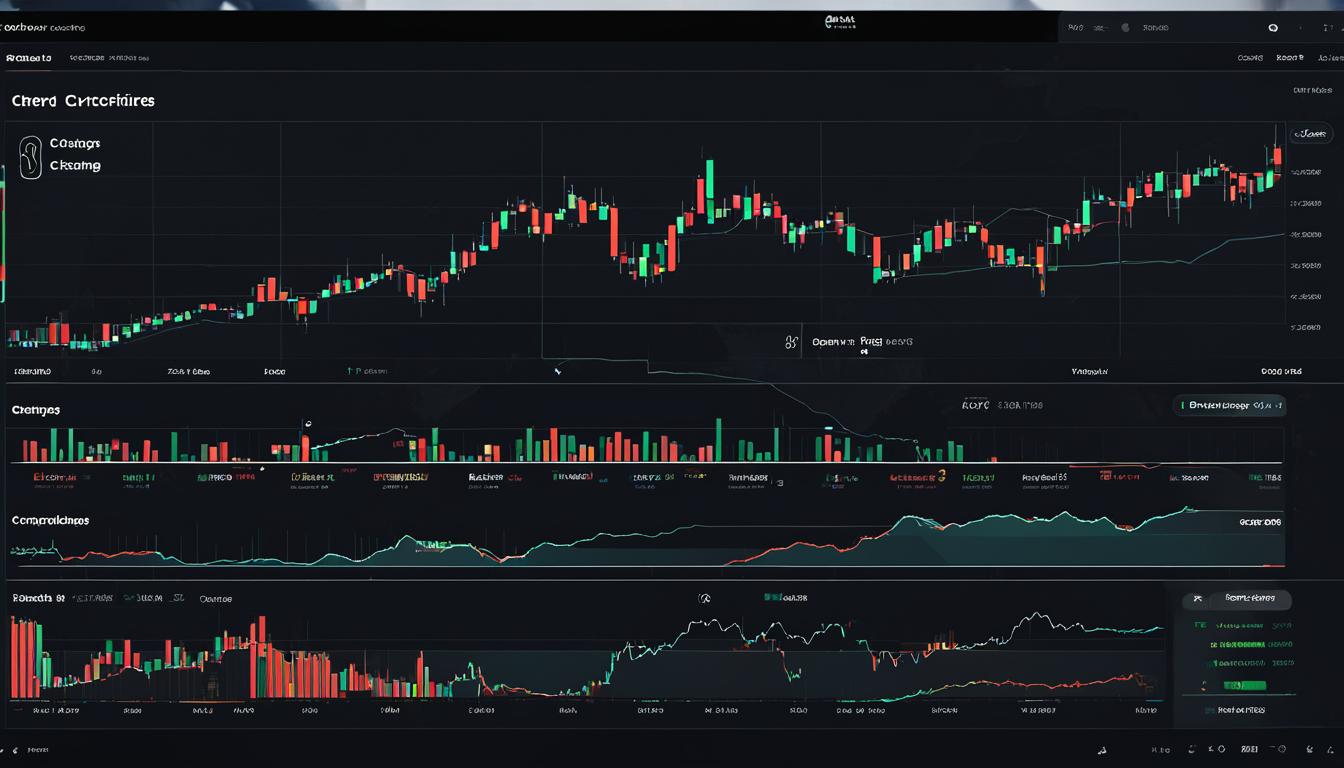Centralized cryptocurrency exchanges are platforms where users can buy, sell, and trade cryptocurrencies. They act as intermediaries, allowing users to trade cryptocurrencies for fiat currency and vice versa, making them essential for crypto transactions. These exchanges are managed by a central authority and typically offer high liquidity, advanced trading tools, and ease of use.
While convenient, centralized exchanges come with risks like security vulnerabilities and privacy concerns, as they require users to trust the platform with their funds and personal data. Always choose reputable exchanges with strong security measures.

